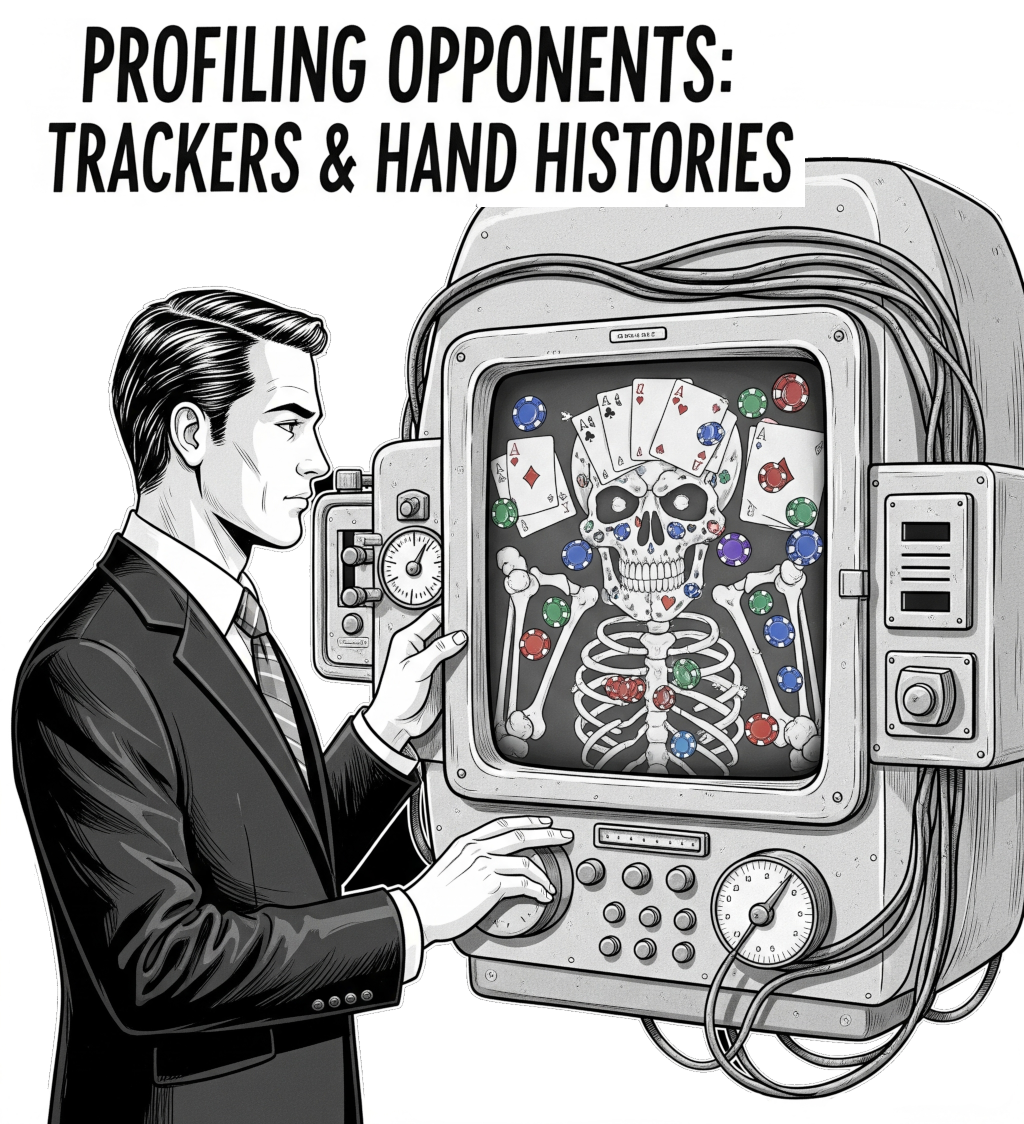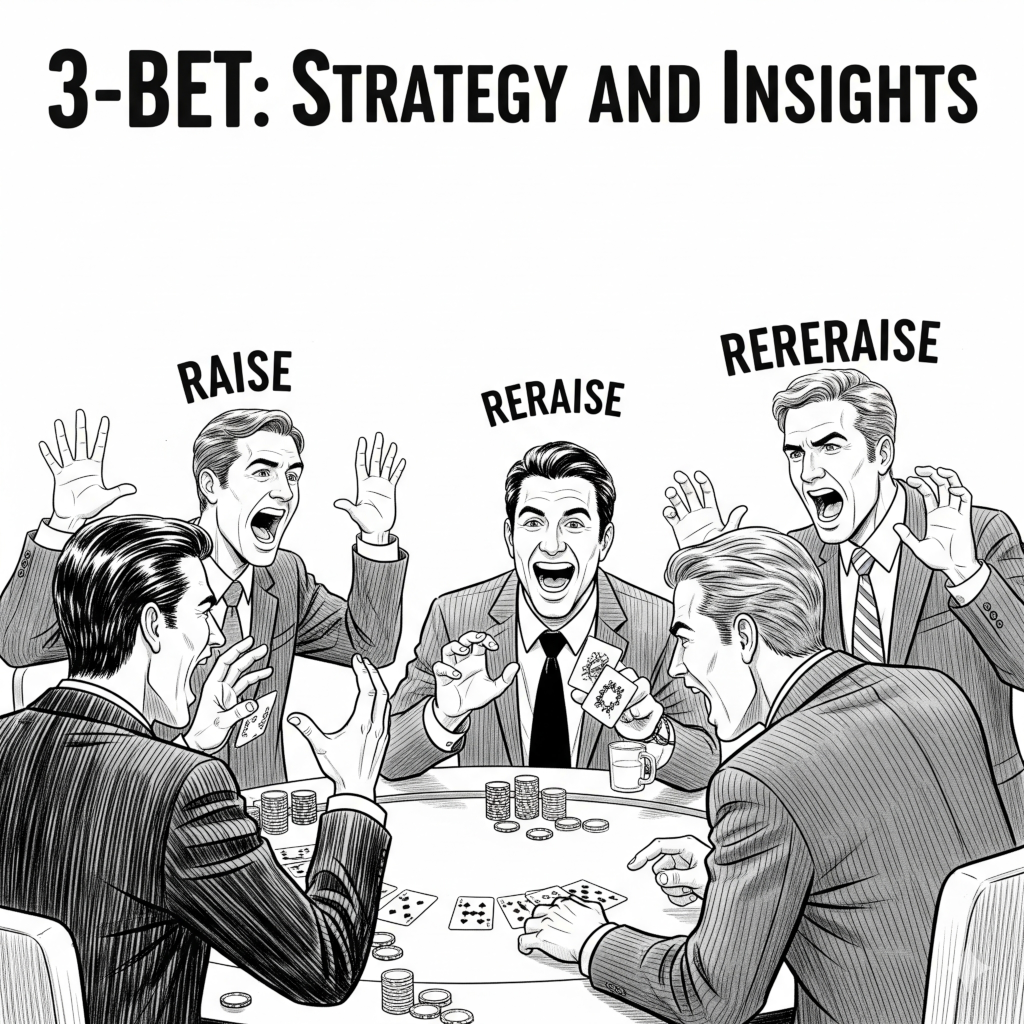Why Hand Histories Are a Big Advantage in Online Poker

In the world of online poker, every small edge matters. Players no longer sit across the table from their opponents, reading body language and physical tells. Instead, the advantage shifts to data—the patterns and decisions revealed through poker mining and hand histories. A hand history is a digital record of each poker hand played, containing crucial details like the cards dealt, betting actions, bet sizes, and showdown outcomes.
While many casual players overlook them, serious players recognize poker mining and hand histories as one of the most powerful tools for improving strategy and gaining an edge. Here’s why poker mining and hand histories are such a big advantage in online poker.
1. Learn from Your Mistakes
Unlike live games, where players rely on memory, online poker hand histories provide a permanent record of every decision made in a session. By reviewing these records, players can:
- Spot mistakes they made in real time, such as calling in spots they should fold or missing profitable bluff opportunities.
- Confirm good plays and reinforce correct decision-making.
- Revisit tough spots later with a clearer mind, often leading to better insights.
This process allows for continuous learning, something live poker rarely affords.

2. Get to Know Your Opponents
Hand histories don’t just show what you did—they also show how other players acted. By looking at them, you can figure out things like:
- Preflop tendencies: Do they raise aggressively or limp often?
- Postflop play: Are they continuation-betting frequently? Do they fold to aggression too much?
- Showdown data: What kinds of hands do they go to showdown with?
The more you play against the same opponents, the more patterns you’ll notice. That means you can adjust your strategy to take advantage of their habits.
3. Integration with Tracking Software

When combined with tracking tools like PokerTracker or Hold’em Manager, poker mining and hand histories become even more powerful. These tools convert raw histories into advanced statistics, such as:
- VPIP (Voluntarily Put $ In Pot)
- PFR (Preflop Raise Percentage)
- Aggression Factor
- Fold-to-3-Bet Percentage
These statistics appear in real time as a HUD (Heads-Up Display), allowing players to make highly informed decisions during play. Essentially, hand histories fuel these databases, giving players a massive informational advantage.
We have an article about the 10 most important statistics in online poker, if you want to take a closer look at some of the statistics.
4. Spotting Long-Term Leaks
Individual poker sessions can be misleading due to variance—bad beats, lucky runs, or cooler hands. But reviewing large samples of hand histories highlights consistent leaks in strategy. Examples include:
- Playing too many hands out of position.
- Losing money with medium-strength hands in big pots.
- Over-bluffing or under-bluffing in specific situations.
Fixing just one recurring leak identified through hand histories can dramatically improve a player’s win rate over time.
5. You Can Study Even When You’re Not Playing
Hand histories allow players to review hands even when they’re not actively playing. Many professionals exchange or purchase databases to study large player pools, learning how different types of players behave in aggregate. For example:
- In certain stakes, players may under-defend their blinds.
- In others, players may overvalue top pair.
Understanding these population tendencies gives players a strategic roadmap before they even sit down at a table.

6. Equity Analysis and Solver Work
By importing hand histories into poker solvers like PioSolver or GTO Wizard, players can compare their actions to game-theory-optimal (GTO) strategies. This provides insight into whether they are:
- Bluffing in the right spots.
- Betting the correct sizes.
- Defending appropriately against aggression.
Over time, this solver-based study sharpens decision-making and reduces costly mistakes.
7. Objective Feedback vs. Subjective Memory
Human memory is selective. Many players only remember the big pots they lost or the hands where they felt unlucky. Hand histories cut through this bias, providing objective evidence of performance. They reveal whether a losing session was due to poor play or simply variance. This feedback loop is crucial for mental game stability and long-term improvement.
8. Separate Serious Players From Casual Players

Most casual players never bother to look at their hand histories. They just play, win or lose, and move on. Serious players, on the other hand, study them constantly.
This creates a big gap: the players who use hand histories learn faster, adjust better, and consistently find ways to outplay their opponents.
Conclusion
Hand histories might look like boring text files at first, but they’re one of the most powerful tools in online poker. They help you learn from your mistakes, understand your opponents, spot bad habits, and improve both during and after your sessions. It’s a huge advantage, and thanks to our poker mining you can get millions of hand histories at hhDealer.
In live poker, players rely on body language and table talk. Online, hand histories are your version of “reading tells.” If you want to get better and gain an edge over the competition, reviewing your hands isn’t optional—it’s essential.







